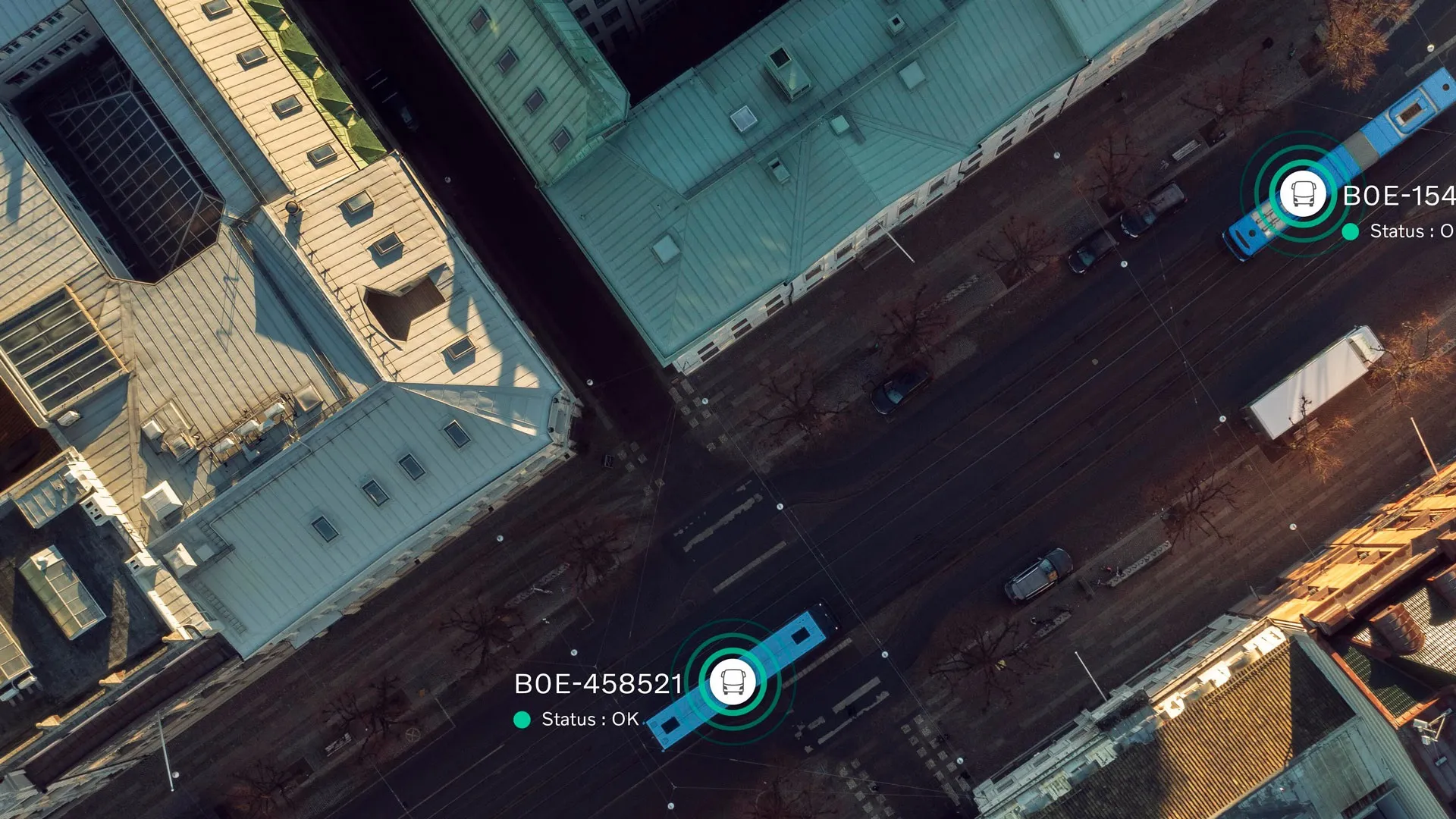Swedish car maker
The company is pioneering the development of autonomous driving systems globally as part of its commitment that no one will be seriously injured or killed in a new
The test will be called Drive Me London and will differentiate itself from other autonomous driving programmes by using real families driving autonomous cars on public roads.
Volvo will source its data from these everyday users and use this data to develop autonomous cars that are suitable for real world driving conditions, rather than the more unrealistic conditions found on test tracks. Thatcham Research will be providing the technical data analysis and any professional test drivers needed as part of the trial.
Drive Me London will begin in early 2017 with a limited number of semi-autonomous driving cars and expand in 2018 to include up to 100 autonomous cars and is expected to be the largest and most extensive autonomous driving testing programme on Britain’s streets.
“Autonomous driving represents a leap forward in car safety,” said Håkan Samuelsson, president and chief executive. “The sooner autonomous cars are on the roads, the sooner lives will start being saved.”
“Vehicle manufacturers are predicting that highly autonomous vehicles, capable of allowing the driver to drop ‘out of the loop’ for certain sections of their journey, will be available from around 2021,” said Peter Shaw, chief executive at Thatcham Research.
“There are multiple benefits to AD cars,” said Mr Samuelsson. “That is why governments globally need to put in place the legislation and infrastructure to allow autonomous cars onto the streets as soon as possible. The car industry cannot do it all by itself. We need governmental help.”
Volvo to launch UK autonomous driving trial
Swedish car maker Volvo Cars is to begin an ambitious autonomous driving trial next year to speed up the introduction of a technology that promises to massively reduce car accidents as well as free up congested roads and save drivers valuable time. The company is pioneering the development of autonomous driving systems globally as part of its commitment that no one will be seriously injured or killed in a new Volvo by the year 2020. The test will be called Drive Me London and will differentiate itself from
April 28, 2016
Read time: 2 mins










